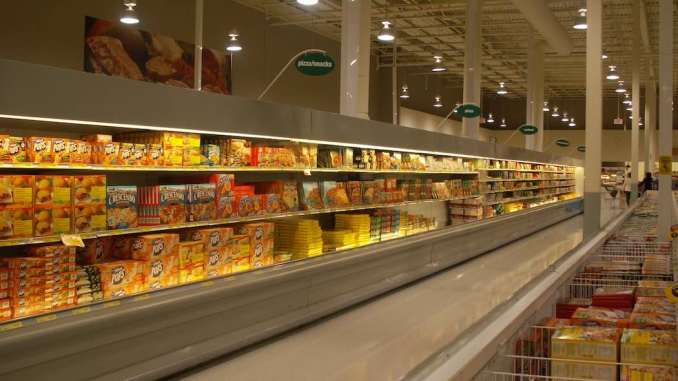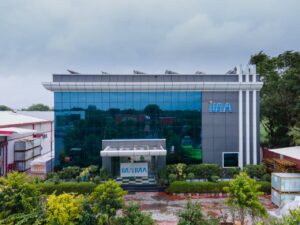Ahead of the GST Council meeting on 27 August, the All India Food Processors’ Association (AIFPA), an industry body that represents several large and regional packaged food companies, has written to the Ministry of Food Processing Industries as well as the finance minister asking for lower Goods and Services Tax (GST) rates to 5% from the current 12% on packaged food items such as chips, cereals, pickles, ready-to-eat foods, snacks and instant meals, among others.
The AIFPA that represents some of the country’s largest packaged food companies, including Haldiram’s, Prataap Snacks, ITC, Mondelez India, Britannia Industries, PepsiCo, Bikanerwala and MTR, has been seeking lower GST rates on packaged foods on a par with unbranded food items that could help expand the packaged and branded food market in India.
“Non-branded namkeens, bhujias, fruit & vegetable chips, snack foods etc. are charged only 5% GST, while in the packaged form these items are charged 12% GST. This anomaly has been increasing complexities for the industry and encouraging production of unsafe & unhealthy products. It is further realised that a shift of consumption from branded to non-branded foods reduces revenue to the Government and proves to be counterproductive,” All India Food Processors’ Association’s, president, Subodh Jindal, said in the letter, which has been reviewed by Mint.
Currently, food accounts for 57% of sales contribution to the fast moving consumer goods (FMCG) industry in India. AIFPA argued that consumer expenditure on the food basket is estimated in the range of 35% to 50% for most households.
Covid has turned the spotlight on packaged food consumption in India, as consumers stuck at home owing to the pandemic bought more staples, snacks and ready-to-cook items benefiting companies like Parle Products, Britannia, ITC (FMCG business excluding cigarettes).
The move could also help reduce agri-produce linked wastages, AIFPA has said.
“An important step for increasing farmer’s income is to increase the consumption of agri-produce by promoting the use of consumer food products,” the letter added.
It added that daily use food items attract a higher GST of 12% on food preparation from fruits, vegetables, potatoes, onions, tomatoes, milk and cereals besides spices, pickles, chutneys, namkeens and ready-to-eat foods. The ask comes at a time when companies also faced several supply-side disruptions such as interruptions in manufacturing and movement of goods in the months of March and April that effectively dented their sales.
In a separate recommendation, The Indian Beverage Association (IBA) also sought lower tax on aerated beverages ahead of the GST council meeting. IBA that represents several large companies including PepsiCo, Coca Cola, Dabur India and ITC has asked the government to stop levying compensation cess on aerated beverages by removing them from the ‘sin’ category, according to a news report in The Hindu Business Line on Monday.
Moreover, it has also sought reduction of GST rate on juice-based beverages to 5% from 12%, while seeking reduction in GST rate on packaged water.
AIFPA’s letter also urged the government not to include food processing items as “luxury products” and tax it at par with other non-branded food products. “Food processing is not an option but an essential step in making natural agri-produce ready for human consumption. Even wheat, rice, corn, milk, potato, tomato, onion, sugar, salt, fruits, vegetables, tea, coffee, pulses, spices, meat, fish etc. have to be processed to make them usable,” the letter said.
Drawing comparisons to global taxation rates on packaged foods, AIFPA’s letter said food products are either exempt from tax or chargeable at a minimal rate, in several markets globally. “About 74% countries have 0% GST rate on food and in 92% countries the maximum GST rate on food is 10%,” it said.
Source: Livemint






